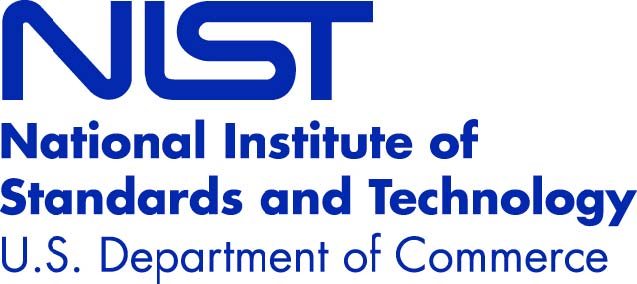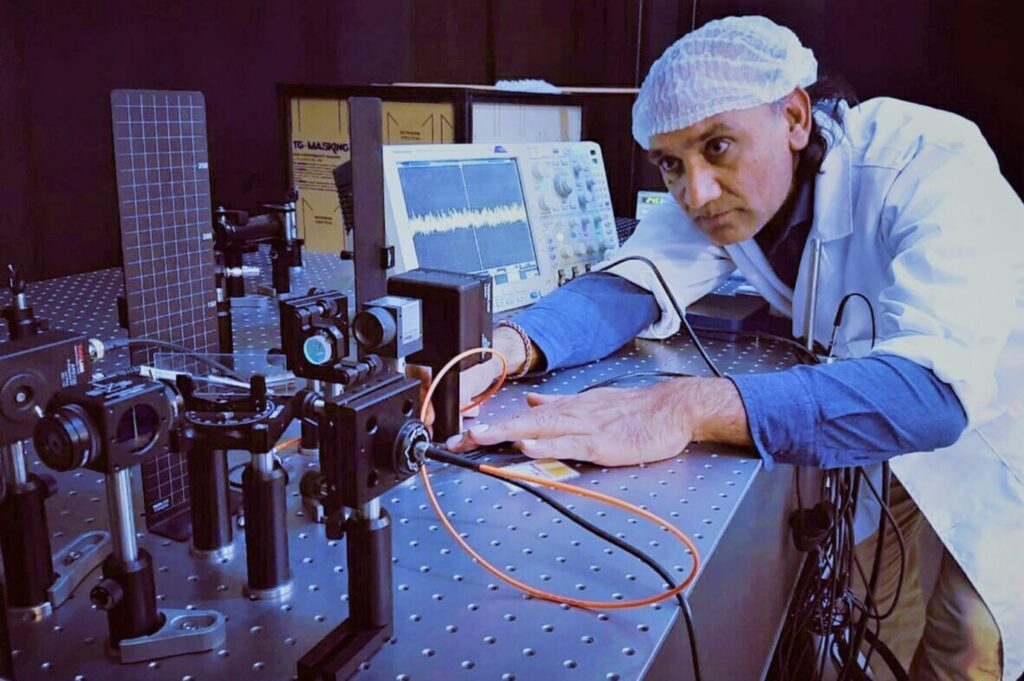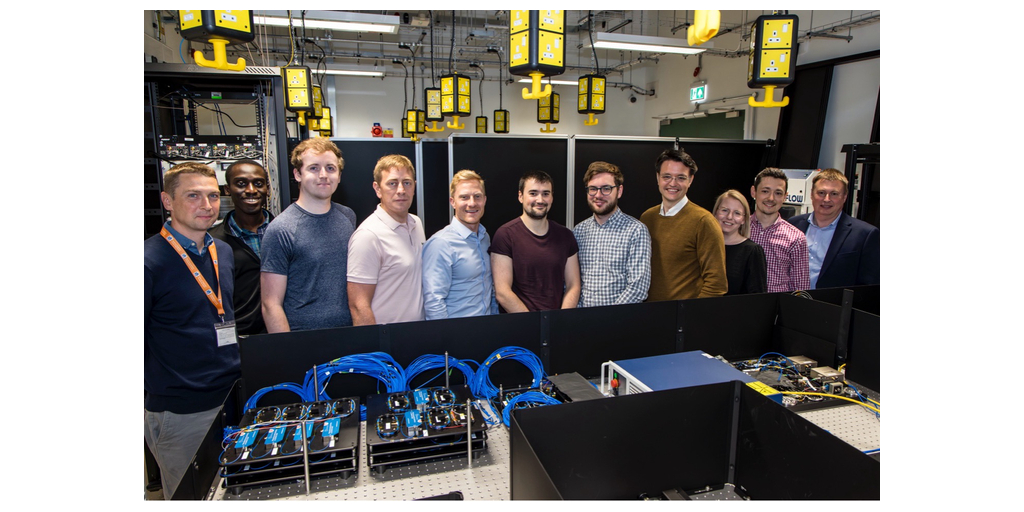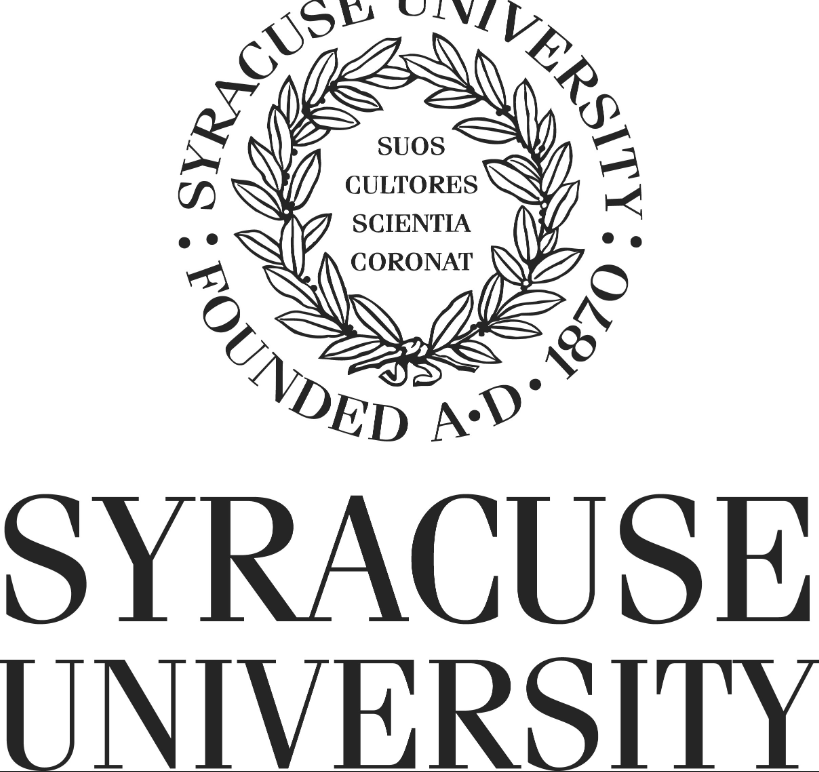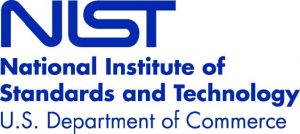 The National Institute of Standards and Technology would see its topline budget increase $10 million to $1.04 billion under the House’s spending legislation for fiscal year 2021, according to the American Institute of Physics. The House is proposing to expand the NIST’s research budget by 5%, emphasizing work in quantum information science and artificial intelligence.
The National Institute of Standards and Technology would see its topline budget increase $10 million to $1.04 billion under the House’s spending legislation for fiscal year 2021, according to the American Institute of Physics. The House is proposing to expand the NIST’s research budget by 5%, emphasizing work in quantum information science and artificial intelligence.
According to AIP, NIST’s laboratory programs are funded through the Scientific and Technical Research and Services account, which Congress increased by 4% to $754 million for fiscal year 2020. This year, the House proposes a further 5% increase to $789 million, with much of the additional funding directed toward quantum information science and artificial intelligence research.
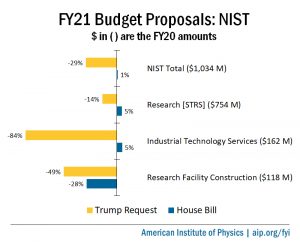 For quantum research, AIP reports that the House would provide about $8 million above the fiscal year 2020 level of $40 million for quantum information science, and encourages the agency to expand collaborations with industry, universities and federal laboratories. NIST is ramping up the new Quantum Economic Development Consortium. A steering committee was established in September. The agency has also initiated projects to develop a compact QIS-based device that could provide backup GPS capabilities and a quantum repeater, which is a key enabling technology for long-distance quantum networks.
For quantum research, AIP reports that the House would provide about $8 million above the fiscal year 2020 level of $40 million for quantum information science, and encourages the agency to expand collaborations with industry, universities and federal laboratories. NIST is ramping up the new Quantum Economic Development Consortium. A steering committee was established in September. The agency has also initiated projects to develop a compact QIS-based device that could provide backup GPS capabilities and a quantum repeater, which is a key enabling technology for long-distance quantum networks.
The lawmakers also plan to increase funding for AI-related research efforts by at least $10 million. NIST has expanded its role in the field, partly in response to a 2019 executive order that tasked the agency with developing a plan for the development of technical standards and tools for the use of AI technologies. According to AIP, the agency was further directed to assess the strategies of AI standards-setting entities of other countries, and to establish a multi-stakeholder process for developing a “framework for managing risks related to the reliability, robustness, and trustworthiness of AI systems.”
AIP reports that in previous years, the House rejects the steep cuts the Trump administration has proposed for the agency’s research and industry services programs, while partially accepting a reduction in facility construction funding. The Senate has not released its spending bills, but in previous years the Senate spending differs greatly from the House.

Other items covered in the budget include 5G communication technology and climate change.
If you found this article to be informative, you can explore more current quantum news here, exclusives, interviews, and podcasts.


